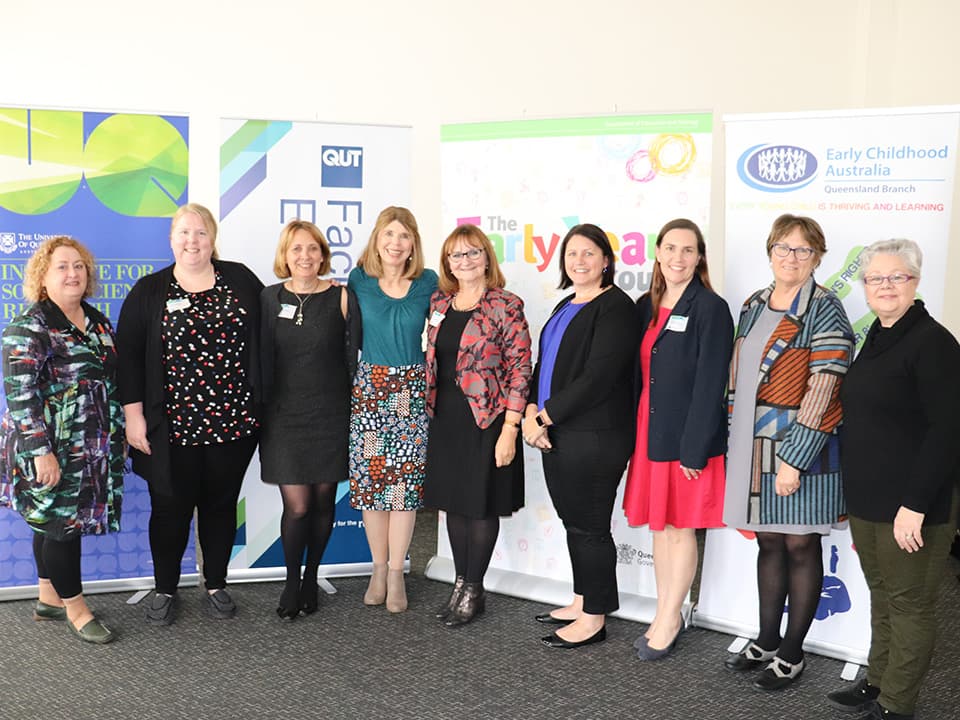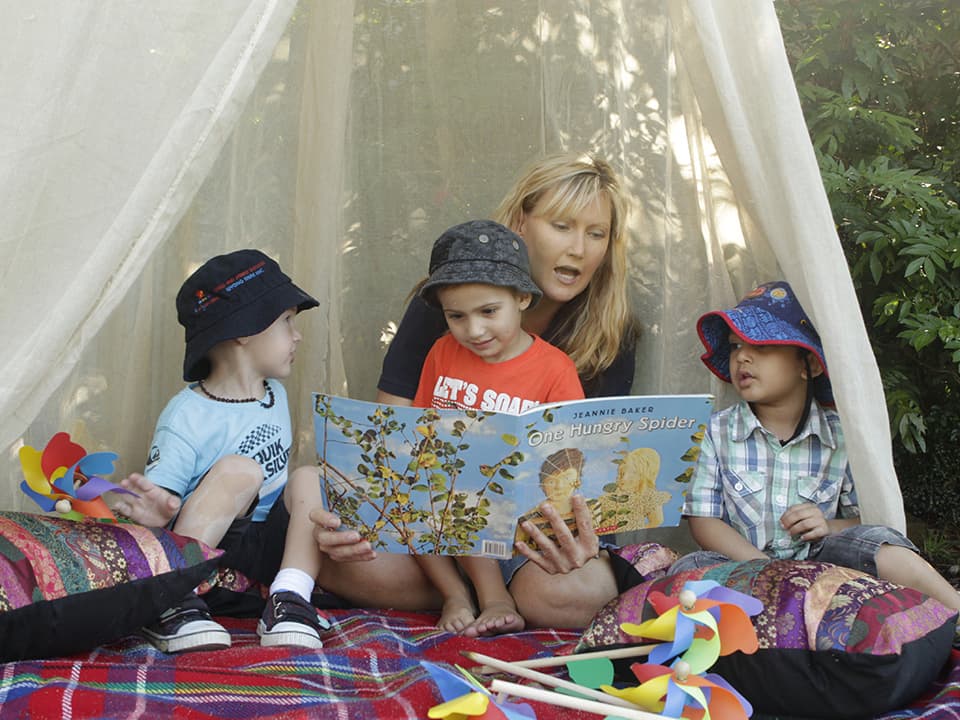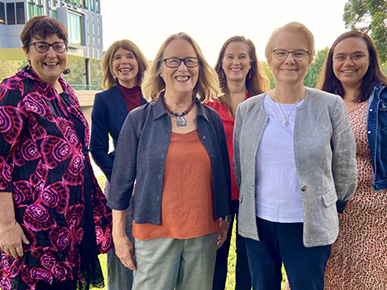'Increasing access to high quality early childhood education and care, has profound benefits for children, families and the broader community. Our challenge is growing, supporting and sustaining the workforce.'


The spark
'During my first position in educational policy, I witnessed the impact of informed policy on early childhood education and care outcomes and came to quickly appreciate its importance.'
Research aim
'My research aims to promote and support the professional work of teachers and educators working with children birth to 8 years in the early years. Over the past 10 years, I have led a program of research on workforce development and the identification of strategies to attract, nurture, support and retain qualified and experienced teachers and educators in early childhood education and care.'

Real-world implications
'Teachers and educators have the greatest impact on the quality of early education and care and outcomes for children. We need more teachers to choose a career in early childhood education and care, with recent projections suggesting the need for 8,000 new early childhood teachers by 2025. To realise this goal, we depend on evidence-informed policy and strategies.'
The challenge
'I want to see greater professional recognition of early childhood teachers and educators within the broader community. Key to this is an expanded system of Queensland teacher registration that is inclusive of all teachers working in early childhood education and care.'


Teaching
'QUT has a long and proud history in early childhood teacher education and is recognised as a leader in the field. The connection between teaching and research has been a critical part of this history and the foundation of our success as a leading university in early childhood education and care.'
Key achievements
- The landmark National ECEC Workforce Study, an ARC Linkage Project which provided the foundation for a program of research on the ECEC workforce that has informed workforce strategies and action plans across jurisdictions. This was the first national ECEC study of the workforce in Australia, and provided the impetus for two further studies examining effective leadership in long day care and family day care.
- The very recently completed Approved Learning Frameworks Update Project, commissioned by the Australian Children’s Education and Care Quality Authority (ACECQA). Standing on the shoulders of giants, our task was to ensure the ongoing currency and efficacy of these celebrated frameworks.

Key publications
- McDonald, P., Thorpe, K., & Irvine, S. (2018). Low pay but still we stay: Retention in early childhood education and care. The Journal of Industrial Relations, 60(5), pp. 647-668
- Irvine, S., Thorpe, K., McDonald, P., Lunn, J., & Sumsion, J. (2016). Money, Love and identity: Initial findings from the National ECEC Workforce Study. Queensland University of Technology, Australia.
- Irvine, S. & Price, J. (2014). Professional conversations: A collaborative approach to support policy implementation, professional learning and practice change in ECEC. Australasian Journal of Early Childhood, 39(3), pp. 85-93.
